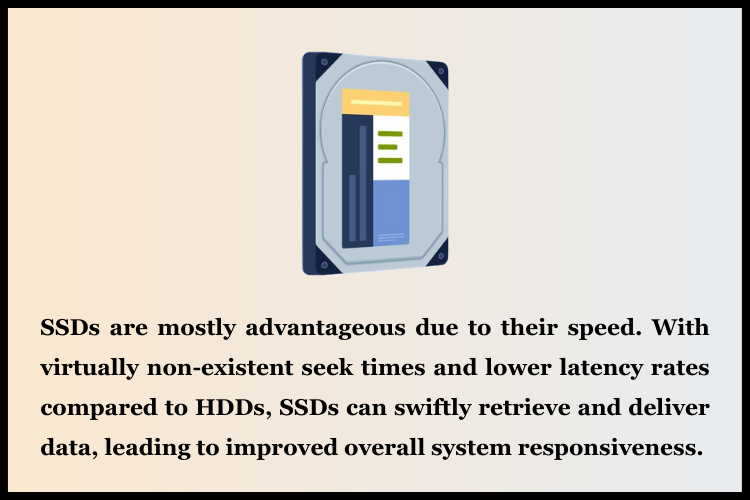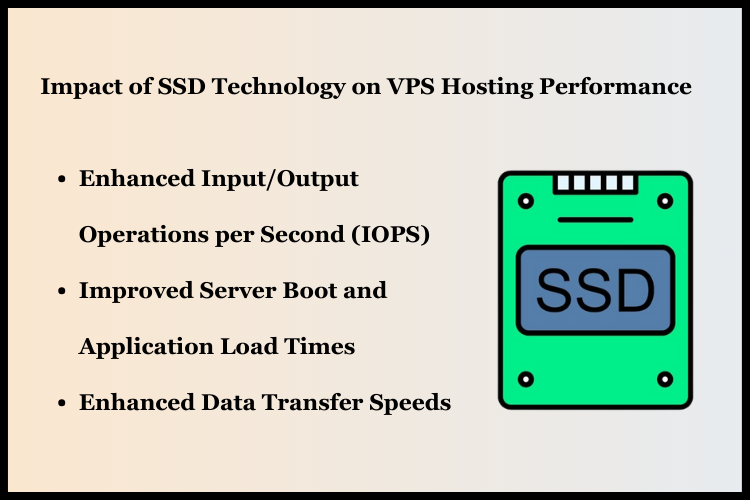
How Does SSD Technology Enhance VPS Hosting Performance?
Summary

Article Name
How Does SSD Technology Enhance VPS Hosting Performance?
Description
In the realm of Virtual Private Servers (VPS), performance is paramount. Every millisecond counts in delivering seamless user experiences and ensuring optimal functionality for websites and applications.
Author
Dikshita
Publisher Name
SSD VPS Hoting
Publisher Logo


